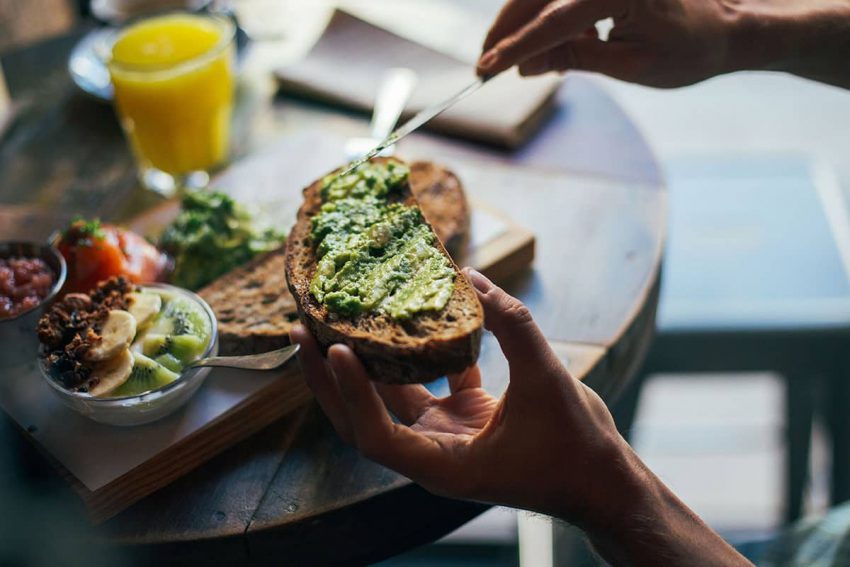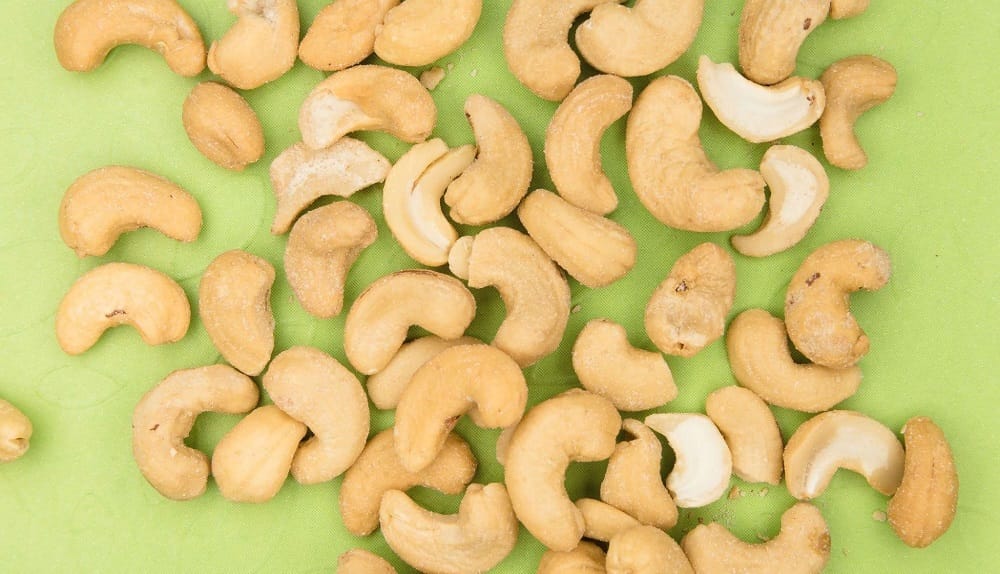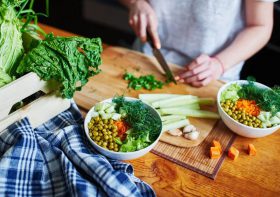A Balanced Diet: Getting It Right Could Spur On Fitness Goals

Are you trying to get fit and healthy? Everyone knows that diet and exercise is the best combination to help you reach your fitness goals. But, what type of food should you eat when you are working out?
In this short guide, we have some top nutrition tips so you can eat the best diet to help you reach your fitness targets. Remember, many of these food groups can also help boost brain health, so you’ll not only be fitter physically but also mentally!
Breakfast: The most important meal of the day
It’s all too easy to skip breakfast on a busy morning, but the saying really is true – breakfast is the most important meal of the day.
Those who eat breakfast are thought to be less likely to become obese or suffer from diabetes or heart disease. And, eating breakfast will ensure your blood sugar levels don’t fall too low during an early workout, which could lead to you feeling lightheaded.
However, not all breakfasts are equal – grabbing a sugary muffin on the way to work isn’t going to cut it. Instead, opt for a breakfast that is packed full of protein and fiber to keep you feeling full for longer.

Eat plenty of good carbohydrates
You might think that carbs are the enemy when you are trying to eat healthily, but it’s all about choosing the right type of carbohydrates. Of course, no one is going to tell you to fill up on white bread and other sugary carbohydrates. But, choosing complex carbs is a great way to ensure your body is well-fuelled throughout the day.
You’ll find complex carbs in foods such as whole grains, beans, and some fruits, like bananas.
Don’t skimp on protein
You probably already know that protein is essential if you are looking to build muscle. It’s also essential for helping your body repair itself.
It’s best to choose leaner sources of protein when you are looking to meet your fitness goals. That means you should be eating foods such as eggs, chicken, fish, red meat, and beans, choosing lower fat options where possible. Try to avoid processed meats, and too much red meat, as this can have other negative consequences on your health when eaten in excess.
Include healthy fats in your diet
Fat is probably not the first food group you think of when it comes to a healthy diet and exercise, but healthy, unsaturated fats are very important in a balanced diet. They are an essential source of calories and essential fatty acids.
Healthy fats can be found in many foods, including olive oil, avocados, nuts, and seeds. So, try to include a few small servings of these foods in your diet every day.

Eat more fruit and veg
We all know we should be eating more fruit and veg, but did you know that half your plate should be from this food group at every meal?
Fruit and vegetables are low in fat and calories and provide vital nutrients such as vitamins and minerals. Opt for a rainbow of different colors; this will ensure you meet the recommended daily requirements for all vitamins so that you will get the maximum benefit from your workout.
To increase your fruit intake, try snacking on dried fruits throughout the day; this is a great way to get the sugar you might be craving, but with many more benefits than reaching for a bag of candy.
Fuel your body for a workout
Before or after exercising, it’s important to eat the right type of food to give your body the energy it needs to get the most from your workout.
It’s a good idea to fuel up with carb- and protein-rich snacks. Include things like bananas, nuts, or nut butter on wholegrain bread or berries with yogurt.
Consider your calorie intake
To lose weight, we need to burn more calories than we consume. However, it’s important not to take this too far – cutting too many calories will leave you feeling exhausted or unwell. You will need to tailor your calorie intake to your workout regime.
If you’re not losing as much weight as you’d like to, you might need to cut more calories. However, if you want to get fit but remain at the same weight, you should increase your calorie intake as you work out more.
Be mindful at mealtimes
It’s not always just about what you eat, but also how you eat. For example, it might be helpful to eat up to five smaller meals throughout the day rather than two or three larger ones. And, you should take the time to think about and enjoy your food, rather than eating as quickly as possible.
Slowing down and really chewing your food can help reduce the chance of overeating, as you are more likely to recognize when you are full. Eating too quickly can also mean you don’t digest your food properly. Smaller, more frequent meals are also good for helping with digestion issues.
Hydration is just as important as nutrition

No good diet would be complete without water. So ensuring you are well hydrated before, during, and after exercising is sure to help you get the maximum benefit from your workout.
There’s no set limit on how much you should drink – it depends on how much you sweat during the workout as well as how long you are active for and how much your body needs.
Sodium is also important, as this is lost from the body through sweating. So, it’s best to hydrate with a drink containing a small amount of sodium to help maintain fluid balance.



